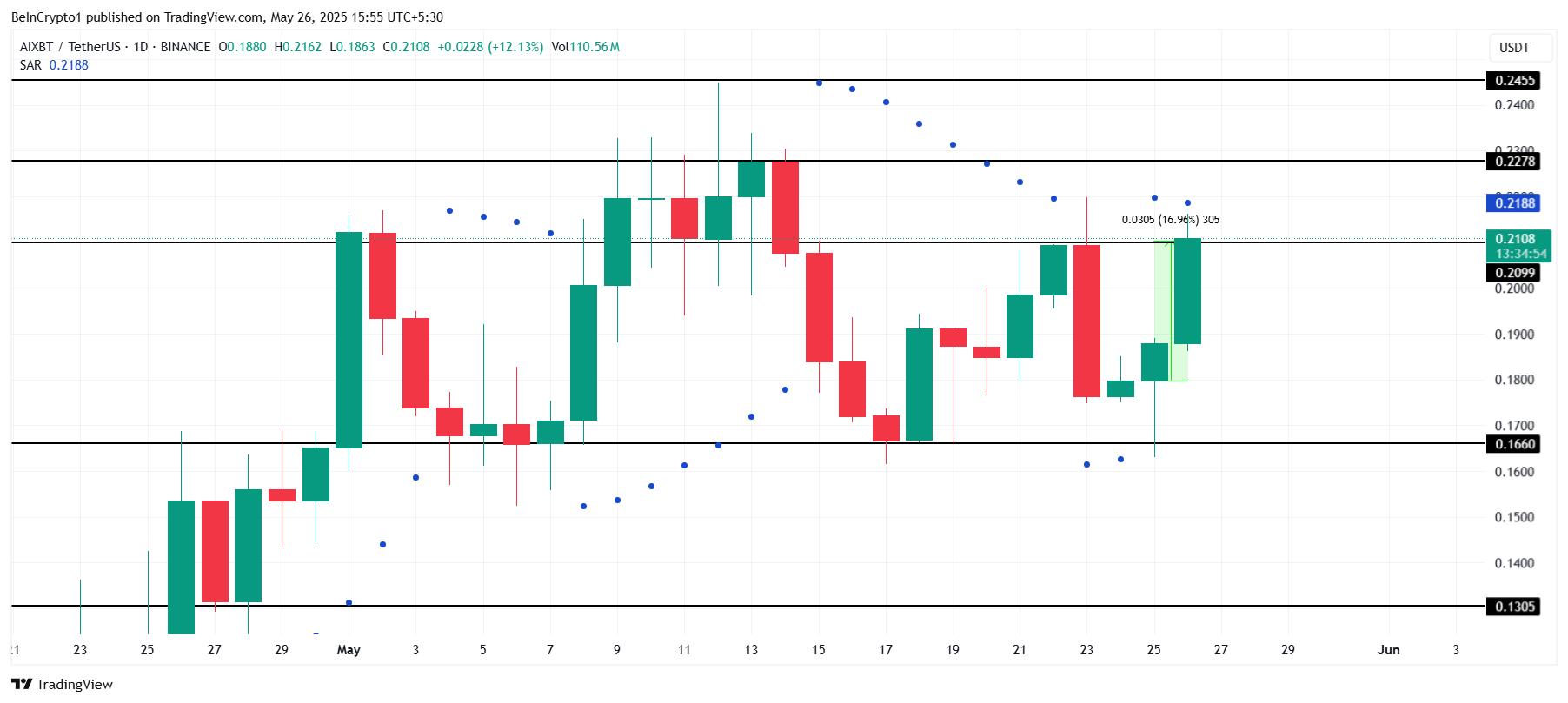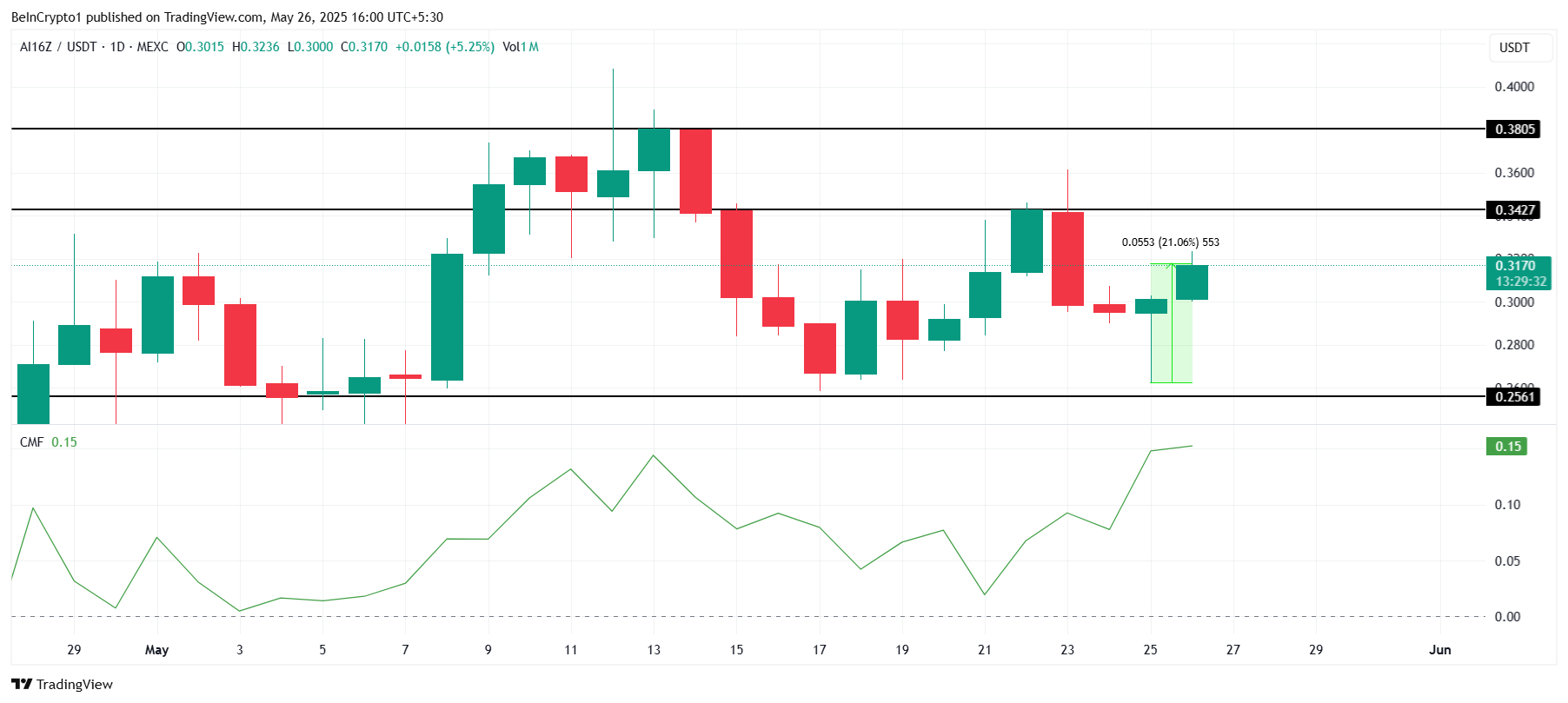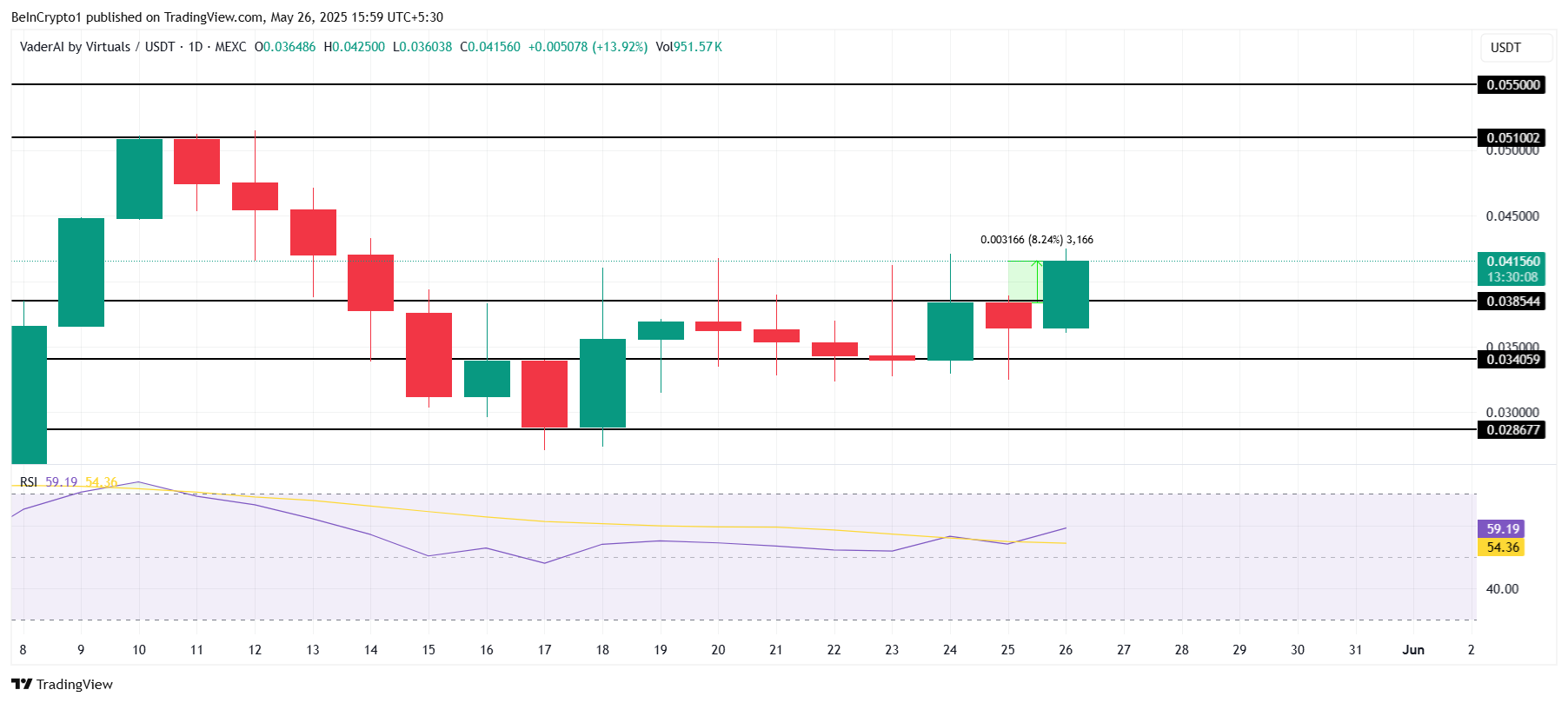
The Financial Services Agency of Japan is taking a strategic step towards crypto regulation. In the latest development, the FSA released a discussion paper that intends to classify digital assets into categories, based on the distribution of funds.
Notably, Bitcoin, Ethereum, and similar decentralized cryptocurrencies will be included in the Type 2 category, while utility tokens are accommodated in Type 1.
Crypto Regulation: Japan Proposes for Two-Category Classification of Digital Assets
In a recent paper entitled “Verification of the state of the system related to crypto assets,” Japan’s Financial Services Agency has sought the public opinion on classifying digital assets. The new crypto regulation framework aims categorizing digital assets into two, based on fund distribution.
In detail, the paper outlines that the digital assets will be classified into Type 1 and Type 2.
Type 1
Type 1 covers crypto assets used for business purposes or to fund the parent project. This includes altcoins from emerging projects that require community funding to grow. This category includes utility tokens. The proposal states, “For crypto assets of type 1, there is a high need to eliminate the information asymmetry between issuers and users regarding the purpose of use of funds raised and the content of projects, etc.”
Type 2
Type 2 covers digital assets that are more decentralized or have a more established presence. Top cryptocurrencies like Bitcoin and Ethereum, which do not raise funds for a business, are included in the second category. They classify these as non-fundraising or non-business crypto.” The proposal notes, “For crypto assets of type 2, there are many that cannot be identified as specific issuers, so it is difficult to impose an obligation to disclose and provide information on issuers.”
Japan’s Crypto Regulation: A Closer Look
Japan has been taking efforts to bolster the crypto industry’s growth and establishment. Despite its historical restrictive stance, Japan has taken a more nuanced approach to crypto regulation. For instance, the authority considers to lift its ban on crypto exchange-traded funds (ETFs), sparking enthusiasm.
The country’s latest move to classify digital assets aligns with Japan’s broader crypto regulations. Recently, the FSA announced its plans to categorize cryptocurrencies as financial products. These moves highlight the country’s proactive vision of overseeing the crypto market.
The post Japan Eyes New Crypto Regulations, Classifies Bitcoin, Ethereum & Utility Tokens appeared first on CoinGape.








